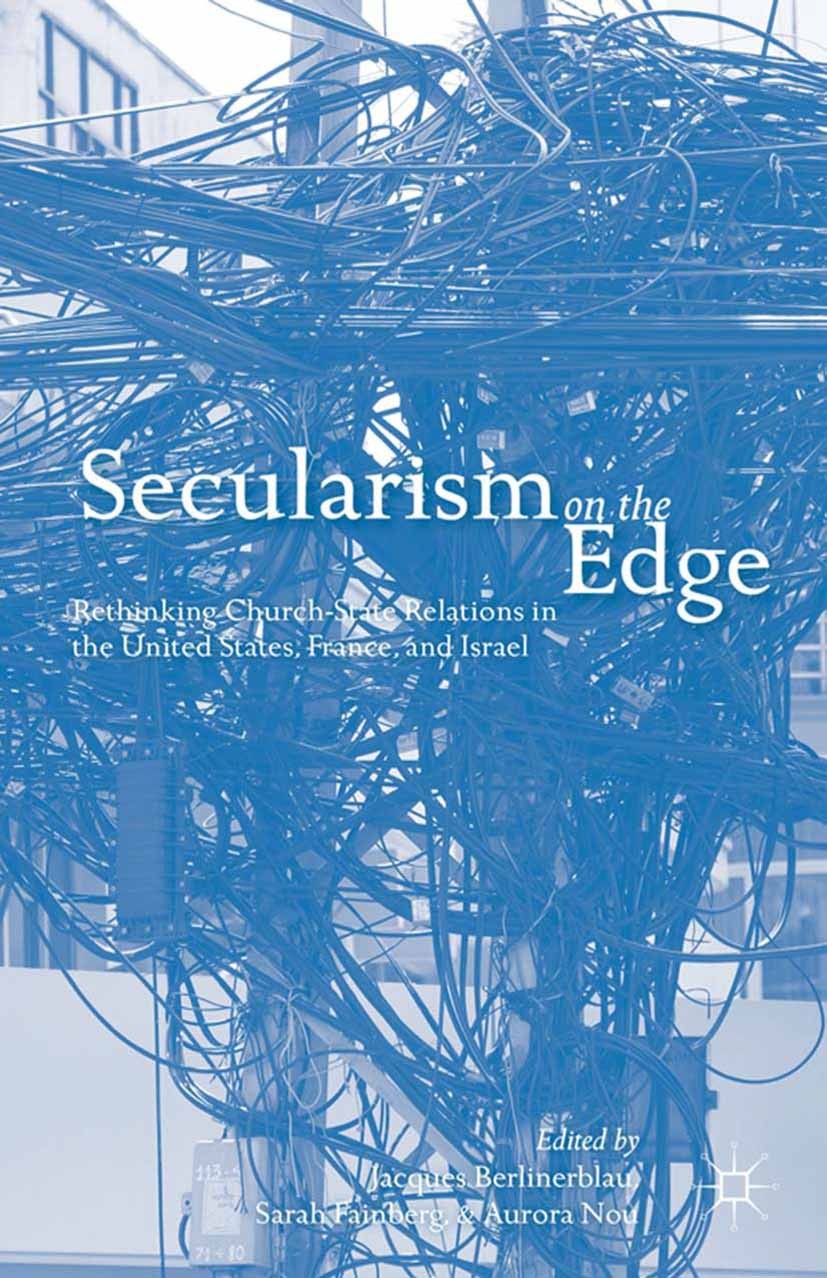
Introduction to Secularism
In an increasingly diverse world, secularism has become a topic of considerable importance and relevance. Defined as the principle of separating religion from political, social, and educational institutions, secularism promotes a foundation where individuals of different beliefs can coexist in harmony. As societies evolve, particularly in countries like Canada, the impact of secularism on governance and daily life is profound, often influencing laws, public policy, and community relations.
Current Events and Developments
Recently, debates surrounding secularism have surfaced in various contexts, from school curricula to legislative assemblies. For instance, discussions in Canada regarding the role of religious symbols in public spaces have highlighted the delicate balance required to maintain secularism while acknowledging cultural diversity. The ruling in Quebec regarding the ban of religious symbols on public servants showcased not only a commitment to secular governance but also led to heated public discourse on inclusivity versus secular principles.
Furthermore, Canada’s multicultural framework necessitates an ongoing dialogue about secularism’s relevance. Many citizens advocate for the separation of state and religious affairs, believing this is essential to safeguard personal freedoms and ensure that religious beliefs do not dictate public policy.
Global Perspectives and Significance
Secularism is not just a Canadian concern—many countries are grappling with similar issues. In Europe, debates around secularism and its influence on national identity are at the forefront of political discourse, often clashing with rising nationalism. The rise of secularism in nations like Turkey and India shows both the possibilities and challenges of implementing secular principles in varied cultural contexts.
The importance of secularism extends beyond politics; it affects educational systems, healthcare, and social rights, underscoring the need for a neutral space where everyone can express their beliefs without discrimination. This is vital in fostering a society that respects individual freedoms while promoting collective coexistence.
Conclusion and Future Implications
As global conversations continue around identity, governance, and human rights, the role of secularism remains crucial. It encourages societies to rethink the relationship between religion and state and assert that governance is representative of all, regardless of belief. In Canada and beyond, the trajectory of secularism will likely evolve in response to socio-political changes, yet its fundamental aim of equality and inclusivity will remain central.
In conclusion, secularism is more than a principle; it is a dynamic framework that cultivates community and respect amidst diversity. As societies further engage with the complexities of modernity, understanding and advocating for secularism will be essential in achieving social harmony.




